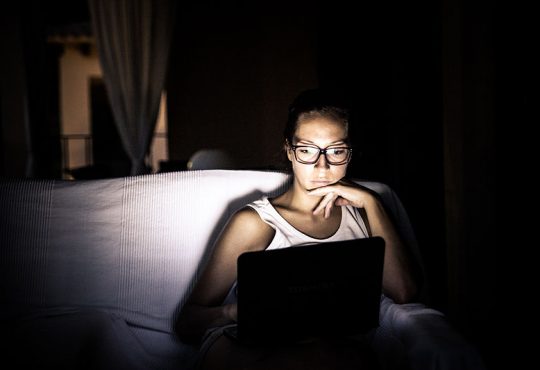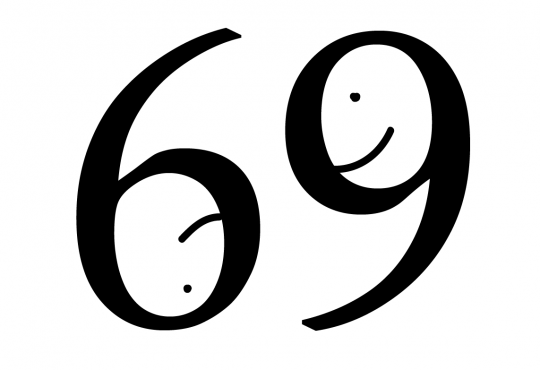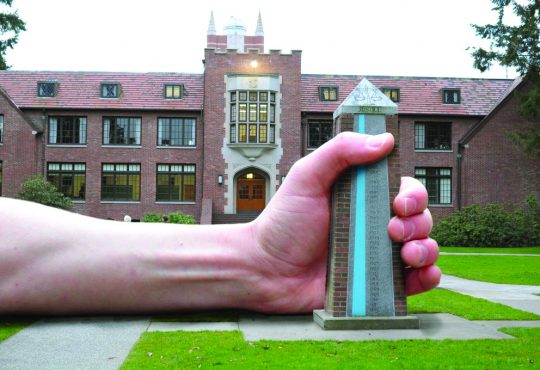All too often—through media, government regulation or percieved “social norms”—people get the message that their sexuality is wrong, weird or somehow deviant. Only by bringing awareness to real sexual experience, both bad and good, can individuals prove that sexuality is more personal and diverse than has been previously thought.
Advertisements, movies and TV shows give women the impression that they should either be sexual objects, existing for the aesthetic pleasure of others, or that they should be virginal and sexless. Men receive equally limiting prescriptions for their sexuality: that they should be aggressive, make the first move and always be “ready to go.” And for people who aren’t straight or don’t relate to either of these strict definitions of gender, their sexuality is rarely, if ever, represented.
It’s time for everyone to tell their own story instead of allowing companies that work for profit to tell it for them.
There is a harmful stigma against telling sexual stories—that it’s indecent, self-indulgent or “slutty.” When someone tells their own sexual story, though, they demonstrate that sexuality is not something that can be generalized. It is personal, diverse and has the power to shatter pre-conceived notions of normalcy.
For women and other people who are often broadly considered sexual objects, shifting the point of view through storytelling transforms them into sexual subjects. Telling stories about one’s own pleasure can demonstrate that these people do not exist just to please others.
Storytelling is a way of sharing how getting off varies from person to person, and their audiences may even learn a thing or two that will aid them in exploring their own sexualities.
Telling personal stories can be especially cathartic for survivors of sexual assault and abuse. Assault survivors can feel as if they’ve had their sexuality taken out of their control.
Sexual storytelling is one way to take back the power by giving their own perspective of their trauma. Making these stories personal can help people be more aware of the minute ways rape culture is reinforced on a day-to-day basis. Knowing the signs of abuse can help stop it before it escalates.
There are some groups like G.A.T.E.—Global Alliance for Transformational Entertainment—that are specifically devoted to changing media to be more inclusive and diverse, but as an individual, trying to change Big Business can seem pretty daunting.
Luckily, there are tons of resources and outlets, both public and anonymous, for people to take sexual autonomy back through storytelling.
Experienceproject.com is a huge network of people telling all kinds of stories—from travel to health to embarrassing stories. Stories of sexual experience can be read and shared in groups like “I Will Share My Sex Stories Here” and “I Love Sharing Sex Stories.”
Pandora’s Project (pandys.org) is an online resource for survivors of rape and sexual abuse. People can share their stories in forums knowing that they’ll be supported. There is a “Testimonials” tab, and there are also a plethora of other resources available on their website.
The National Sexual Violence Resource Center (NSVRC) website has a section completely dedicated to stories about how individuals have prevented sexual violence as a bystander. Reading and sharing stories about being an engaged bystander helps show the power individuals have to help and look out for each other. Stories of engaged bystanders can be read at nsvrc.org/projects/bystander/share-your-stories. You can create an account for free to share your own story.
Do Tell is a tumblr forum for people to share their sexual stories with a 350-word limit, found at dotellstories.tumblr.com
Finally, if you’d like to get out and engage more publically with the community, the Black Coffee Co-Op hosts a Sex Positive Story Slam on the fourth Tuesday of every month. The BCCO is on Capitol Hill in Seattle, and the website for the Story Slam is at sexpositivestoryslam.org.






